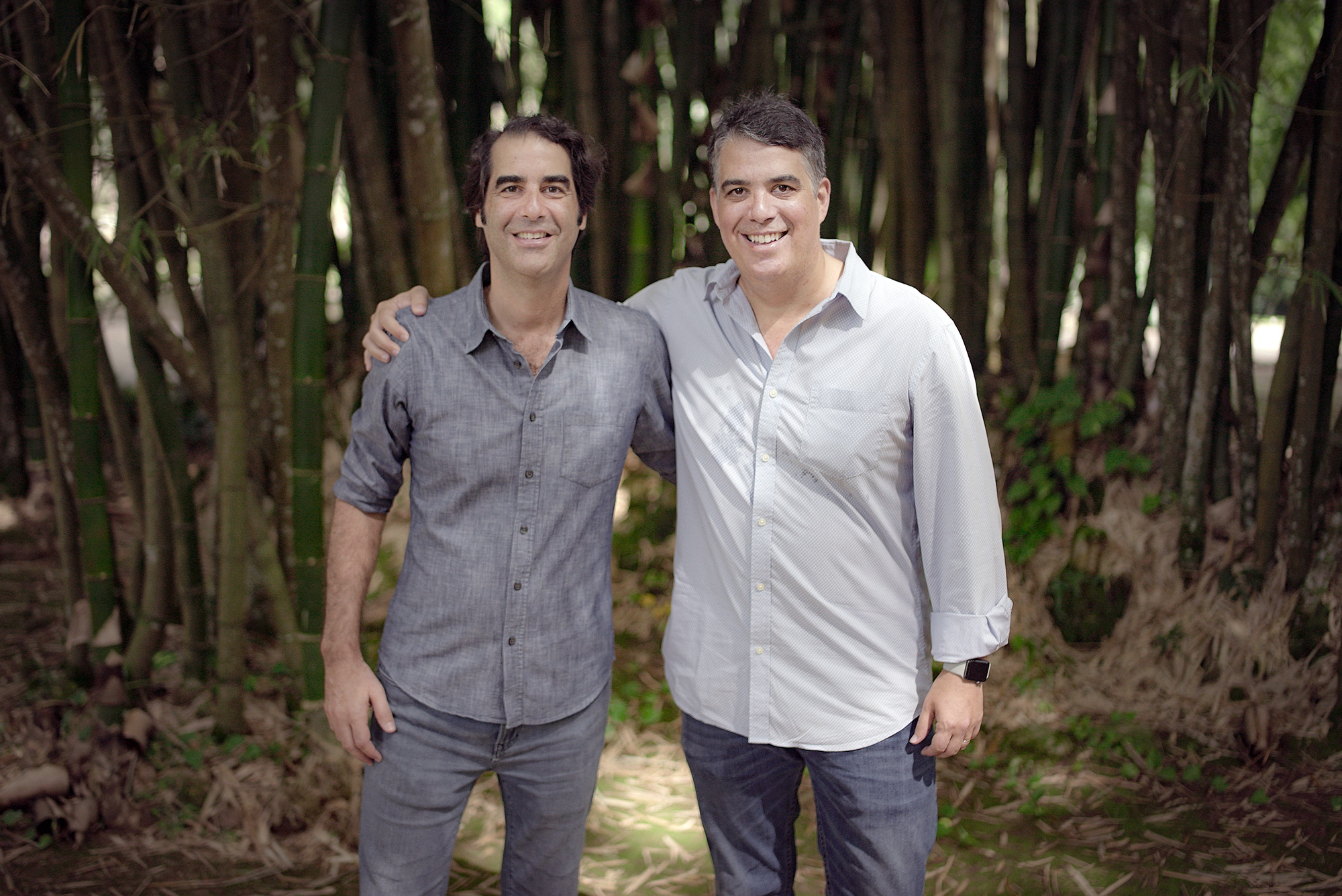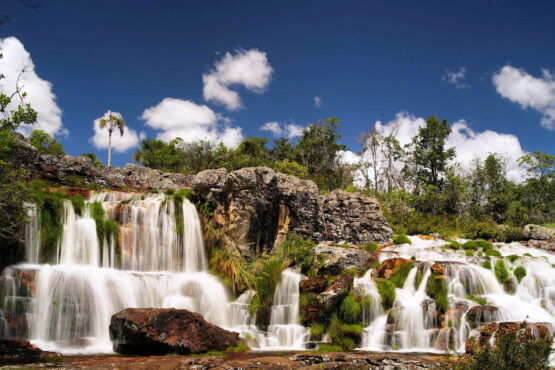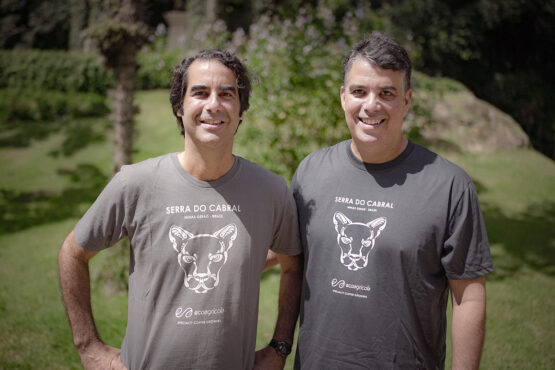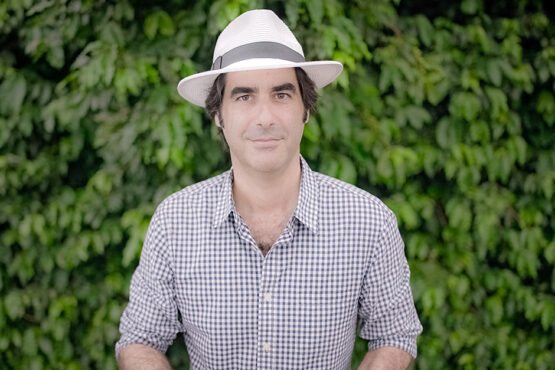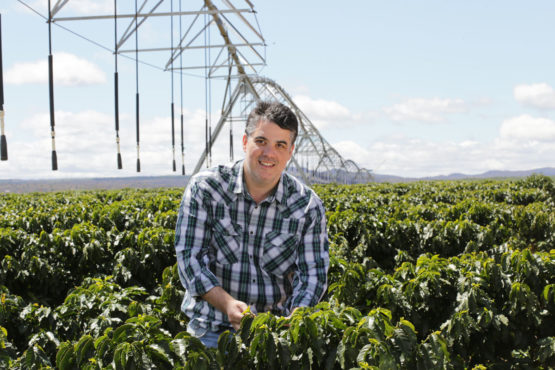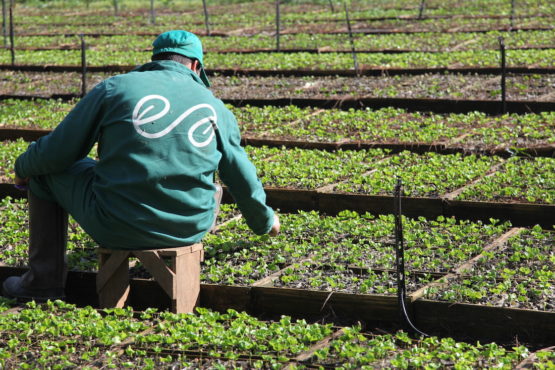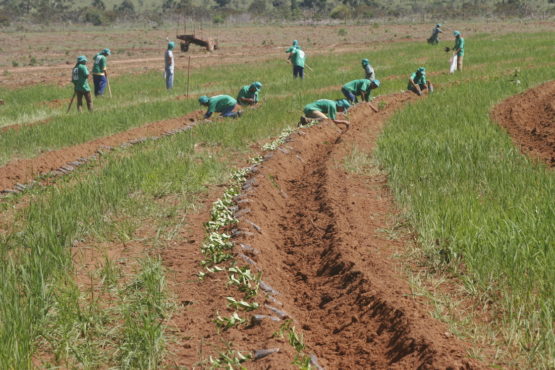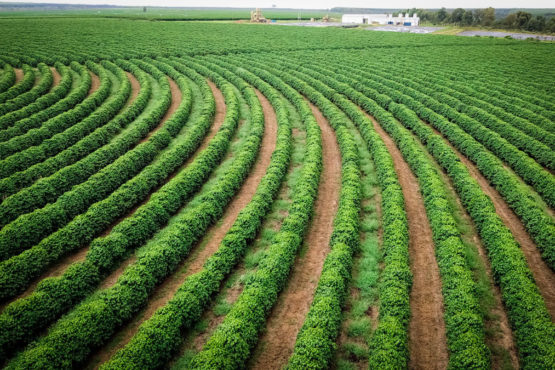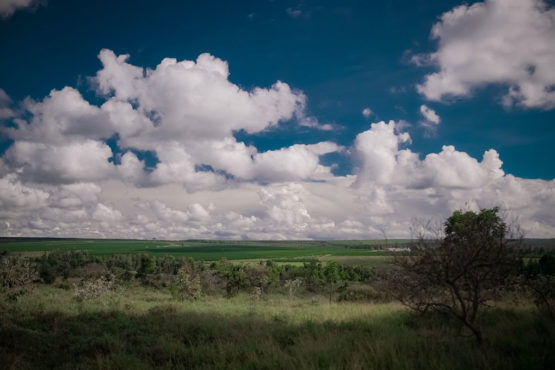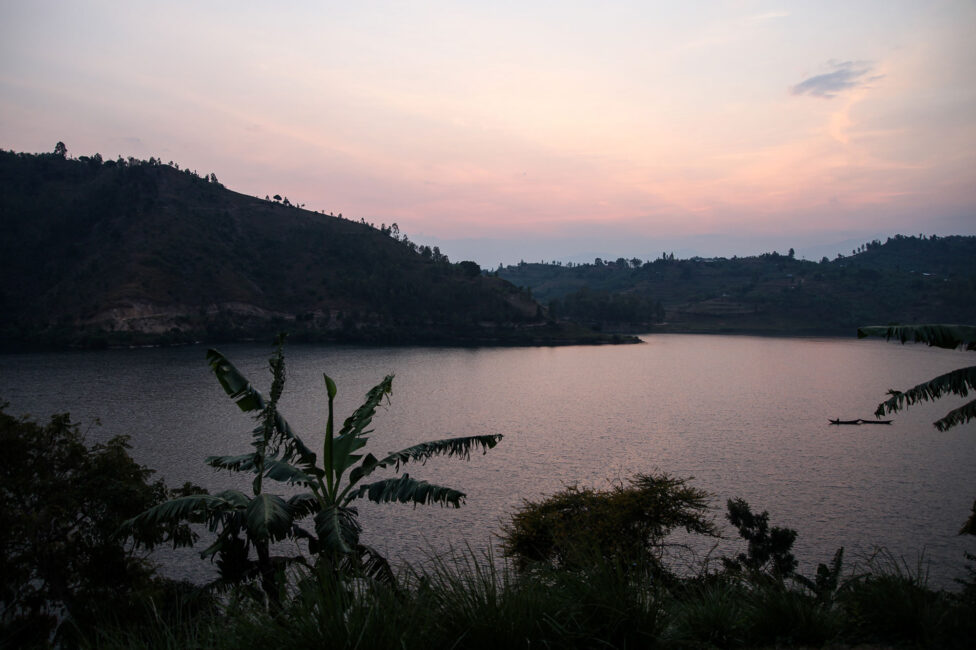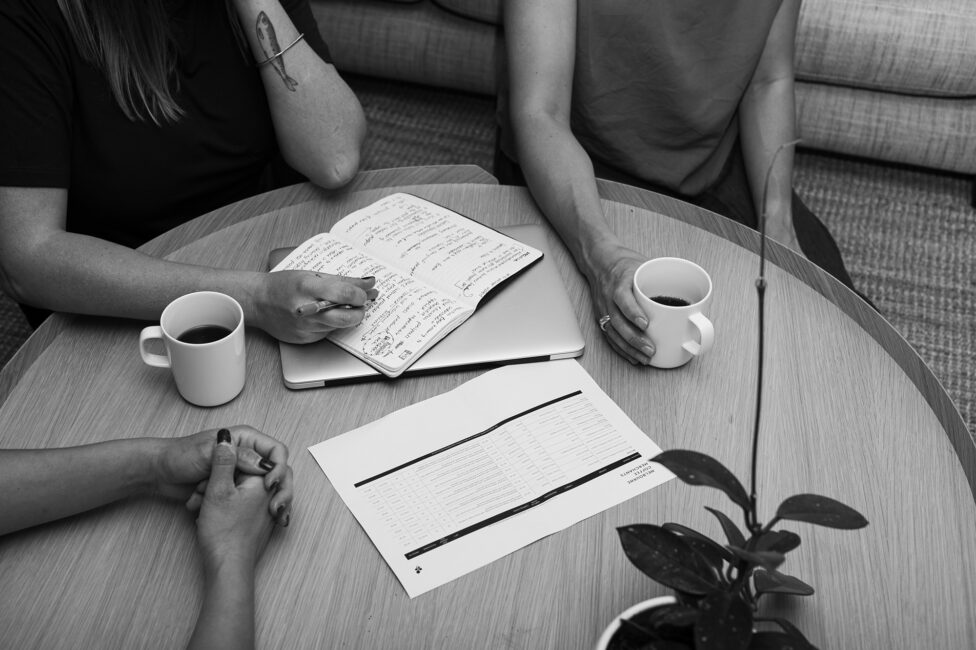Meet Marcelo & Roberto Flanzer
Published 7 December 2021
As the first to plant coffee in the region, Roberto and Marcelo Flanzer have pioneered coffee production in the stunning Serra do Cabral plateau, in Minas Gerais state. We recently spoke with Marcelo about what motivated the brothers to pursue this path, and their goals for Ecoagrícola’s future.
Fazenda Ecoagrícola was first established by the Flanzer family in 1975 – over 45 years ago! For the last decade, the estate has specialised in coffee production, with brothers Marcelo and Roberto heading up operations. The brothers focus on producing the highest quality coffee possible, in balance with working to protect the local water sources and preserve the natural forest areas. Over 50% (860 out 1,700 hectares) of the estate is dedicated to a natural reserve that has crystal clear streams, native Cerrado vegetation and abundant wildlife. In addition to the natural reserve on their property the Flanzer family also maintain the Reserva da Borralha, which adjoins their farm, and boasts 2,000 hectares of land completely untouched by man and rich with biodiversity.
Intent on maintaining this incredibly unique and special environment, the Flanzer family are board members of the Serra do Cabral State Park (“Pescabral” or Parque Estadual da Serra do Cabral), located 20km away in Buenópolis, and actively contribute to their plans and actions. The estate’s sustainable education program was merged with the Park’s program, meaning that their message of conservation not only reaches their own employees but also the wider community. They regularly give sustainability talks among the local community, schools, as well as with local neighbours and small businesses. The family has also collaborated with Pescabral to create an extensive native-species nursery where they cultivate seeds collected around the estate, raise them to seedlings, and then donate them to the national park, neighbours, and the city councils, etc.
The brothers’ passion for promoting the Serra do Cabral region was evident when we spoke to Marcelo about the family’s career in coffee and their work within EcoAgrícola:
MCM: How did you get into coffee?
Marcelo: I used to say that we not only found coffee in our lives, but coffee also found us. In the 1970’s my father started a reforestation project in the Serra do Cabral region. In the 90’s, my brother Roberto and I joined him to help look after the business. In mid 2000’s we started to plan out what the business would look like for the next 30 years and studied several agricultural options, finding coffee as the alternative with the greatest potential, due to the amazing terroir, altitude and climate of the region. At this point we were just coffee lovers, but had no experience in the coffee business and no coffee had been planted in the Serra do Cabral before. So, we founded Ecoagrícola and, with the aid of friends and consultants, we designed a long term project, set up our own nursery, and planted a first test-plot in January 2007. Our first harvest, in 2009, proved amazing quality and good productivity. So, we decided to continue and plant new plots and varietals. A few years later we were supplying great brands, making direct-trade exports and earning prizes for our sustainable practices and quality. We were on the right path!
What do you love most about what you do?
At first, it was the experience of planning and bringing projects to life. As a production engineer, I really enjoy seeing how things work and finding ways to make them work even better. Now, what I love most is connecting with people from all regions and countries and spreading the word about specialty coffee and the Serra do Cabral region.
What is your role within Ecoagricola?
In the early days, it involved everything, from planning the new project, visiting other farms, exchanging knowledge with other experienced farmers and consultants, selecting varietals and irrigation methods, and helping to build and train a nice team. Eventually I began supervising the plantations and the caring of the coffee trees, learning and developing our own drying methods and techniques and opening the market to our coffees. All of this started from ground zero, as there was no coffee planted in the Serra do Cabral before, and Roberto and I (despite having a large experience in forestry and having worked in the region for many years), had never worked or led a coffee farm. Today, my main role is connecting with people and spreading the word of our beliefs in quality and sustainable practices to roasters and coffee lovers from all around the world.
What has kept you motivated to continue to work in coffee?
I’d say, more than being motivated by working in coffee, I’m more motivated by working in specialty coffee. We consider specialty coffee as not only the quality of the beans, their sensorial atributes, or the SCA grade they have. Of course, those things are crucial and very important – but specialty coffeeis also about giving special attention to the way we relate to the communities and the ecosystems that surround us. It’s being special in our relations with our team, our suppliers and clients. We always want to offer a great service to our partners, making sure all details and needs are well attended.
What motivates me most is spreading the word of what a unique region Serra do Cabral is, and seeing the region being globally recognised through its beautiful natural resources and the amazing coffee it produces. I like to think it is our legacy to the coffee world, to pioneer and help develop the Serra do Cabral as an amazing specialty coffee origin.
When we work with good partners, like Melbourne Coffee Merchants, that value what we do, that share those same specialty feelings we hold and that want to partner and work together in the long-run – THAT is really nice and satisfying.
Also, it is my motivation to spread the word of quality coffee to more and more people. When we started, I realised only a niche audience in Brazil knew about specialty coffee, or had access to it. Most people, even those that had the economical means to afford specialty, only drank lower quality coffees, which is what they were used to. That led me to create, a few years later, a TV series about specialty coffee in Brazil (Tá na Hora do Café – It’s Time for Coffee), so more people could learn about this new trend here. The show has 26 episodes and screens on a major brazilian cable channel. It still inspires a lot of people, not only to experience and drink great coffee, but to also join the specialty chain, turning into baristas, roasters and coffee entrepreneurs. Whenever I see a coffee originating from Serra do Cabral being released by a roastery, or hear comments of new people engaging in this specialty world, I get really happy and motivated!
What are you excited about this year’s harvest? Have you experienced many challenges during the current harvest?
We’re excited to see coffees arriving to their intended roasters, and how these roasters will release them to their customers. It’s always a great pleasure, after a whole season, to see new packages of roasted coffee being released with the reference to Serra do Cabral and/or Ecoagrícola in many parts of the world. Sometimes we even get the chance to taste these coffees prepared by roasters from around the world, and that’s amazing! I think of it as a beautiful coffee cycle, from producer to roasters, and it is so nice to watch it happen.
This has been a truly challenging season. With all the restrictions we had and measures in place due to the pandemic, things were already harder. Then we had to deal with difficulties due to climate, as it brought more issues and diminished production, especially the drought. And on top of that, we’re facing an unprecedent internal and international logistics crash, not to mention the fact that costs are getting a lot higher due to the increase of multiple input prices. But, as an optimist, I believe things will get smoother over the long term.
What do you think makes coffee from Serra do Cabral and Ecoagrícola so special?
The combination of the Serra do Cabral terroir and the extreme care our team has in all the many steps along the way, from planting, to harvesting, to drying, to delivering. Also, I like to think that everyone experiencing our coffees is in some way experiencing our story, and the beautiful energy of the nature that surrounds us.
